Russia has officially ratified a cooperation agreement with China for the joint construction of the International Lunar Research Station (ILRS) project, according to reports in the Russian media on Wednesday. The inclusive project has so far welcomed nearly 20 countries and organizations.
Experts believe that this collaboration will greatly enhance the space exploration capabilities of both countries by leveraging their respective strengths, with China bringing abundant resources and skills while Russia contributes its expertise and innovative thinking.
The Russian Government Legislative Committee approved the project after the two sides signed a memorandum of understanding last year. According to Russian media reports, Moscow and Beijing plan to develop the ILRS in several stages from 2025 to 2035.
For the first stage, the two countries will determine the location for the base and verify relevant technologies for a safe, high-precision soft landing on the Moon's surface, with Russia reportedly utilizing its Luna-Glob lander, Sputnik reported.
Then they will deliver modules to the Moon through several missions, which is necessary for the exploration of the Earth's satellite. In the future, the project also plans to send manned expeditions to the Moon.
When asked if the recent failure of the Luna-25 mission will have an impact on the Moon base project, experts said it wouldn't, as they believe the failure was a result of Russia's decades-long absence from the field of lunar exploration, and does not indicate a lack of competence. However, they said it was a warning to be prudent and patient.
Wang Ya'nan, chief editor of Beijing-based Aerospace Knowledge magazine, told the Global Times on Thursday that the scientific community is working on a feasible approach for building the lunar base by using 3D printing technology. By utilizing the technology to process lunar soil into a concrete-like substance, it further reduces costs and improves efficiency.
Anatoly Petrukovich, head of the Space Research Institute at the Russian Academy of Sciences, said that it would be logical to first create units on the Moon's surface from already existing materials for maximum efficiency and coordinate different joint projects using them, Sputnik reported.
Experts believe that the cooperation between China and Russia on the project will have a "one plus one is greater than two" effect. For Russia, its advantages lie in its past experience of multiple lunar exploration missions during the Soviet era. Over the past few decades, Russia has not stopped pursuing this grand blueprint for the Moon, conducting extensive foundational research in areas such as astrophysics and chemistry, Wang noted.
In addition, Russia has demonstrated remarkable engineering innovation in this field, with its teams of engineers successfully overcoming many challenges in early human spaceflight during the Soviet era.
However, Russia's space development has been relatively lackluster, with a shortage of talent and resources in the aerospace field.
This is the part where China can fill in this gap, with its abundant economic resources as well as engineering resources. Having had a period of fast growth in aerospace technology, China has built a great number of reliable engineering resources that are always ready for new tasks. For example, there is the Chinese space station, manned and cargo spacecraft, and various kinds of carrier rockets that have served in major space tasks with a wide range of applications, Wang said.
Financially, China's investment in the space sector is also well planned, and able to withstand changes in the economic environment.
China also has a large amount of young talent in this area, and more high-level researchers are coming through, including those from Hong Kong and Macao in the foreseeable future.
"I believe that the cooperation between China and Russia will also be a mutual learning experience. For example, China's pursuit of meticulousness and Russia's innovative thinking can complement each other and bring out their respective strengths," Wang noted.
Being an inclusive project, the ILRS initiative is reported to have attracted support from nearly 20 countries from around the world, including South Africa, Belarus, Pakistan and Azerbaijan, as well as from The Asia-Pacific Space Cooperation Organization (APSCO), and the National Astronomical Research Institute of Thailand (NARIT).








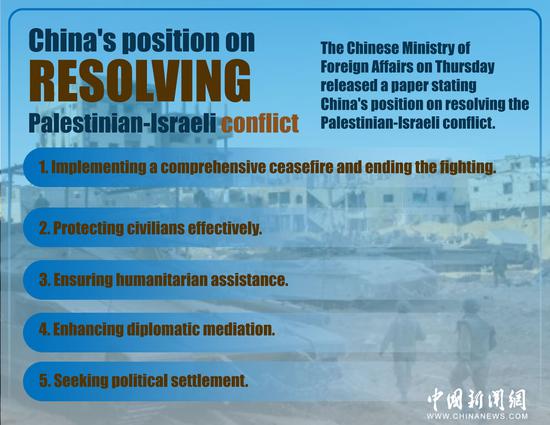


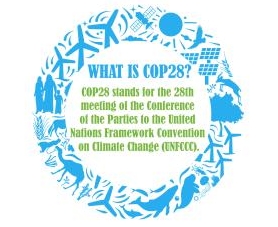
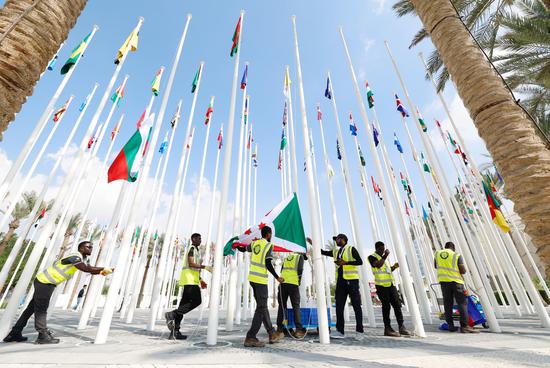


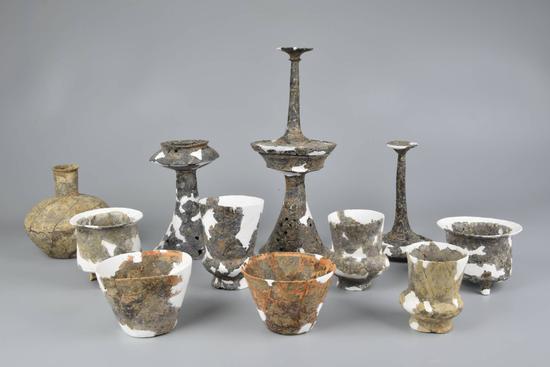

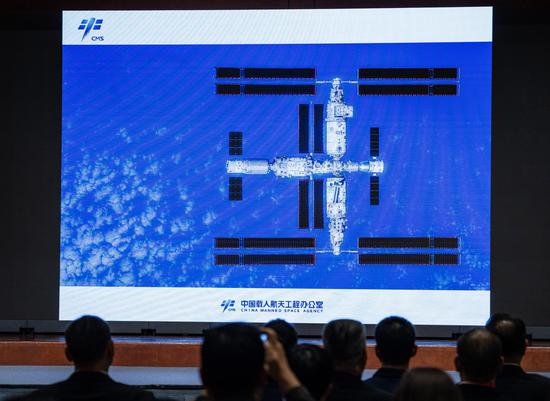
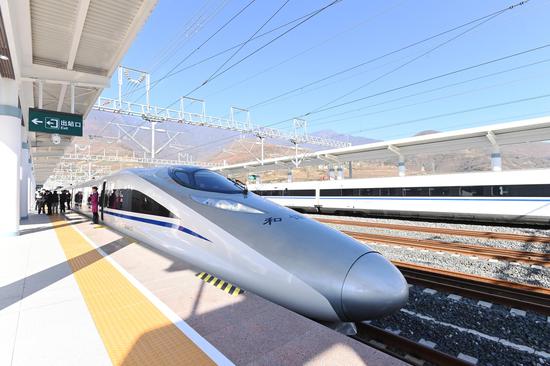
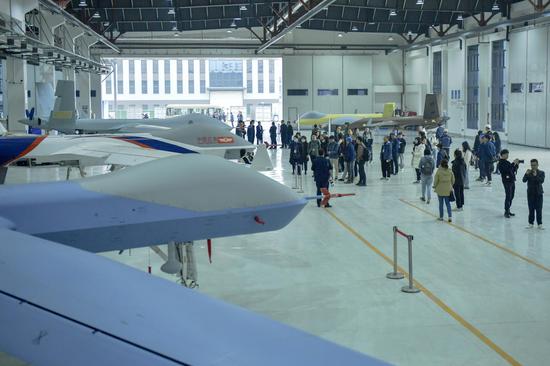


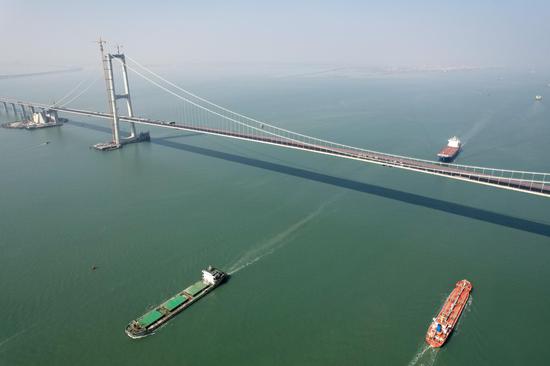

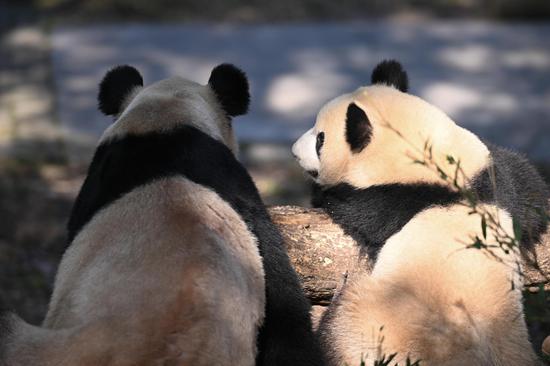
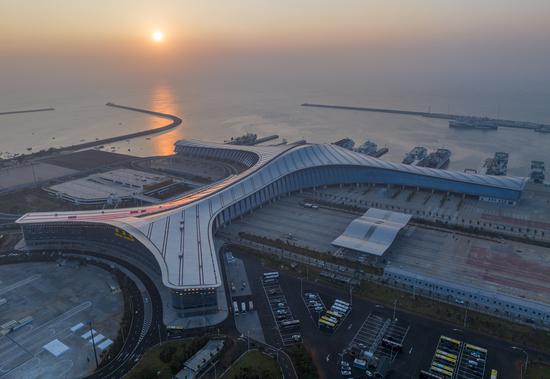
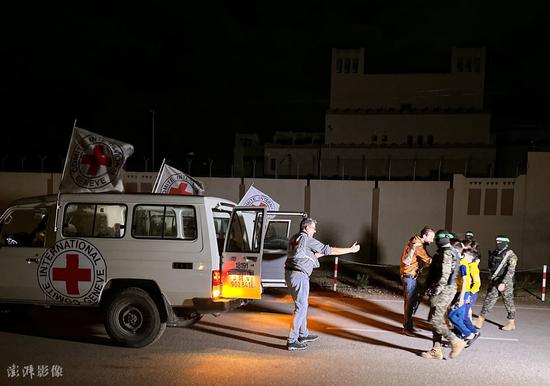


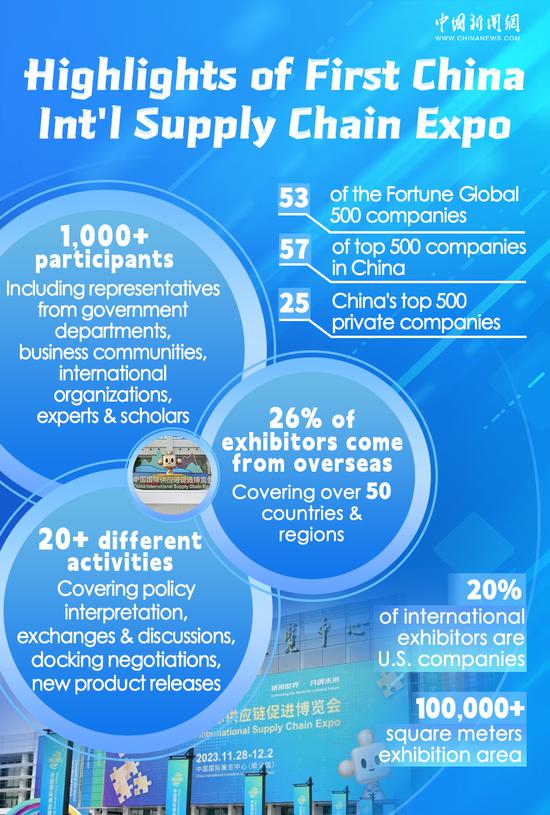



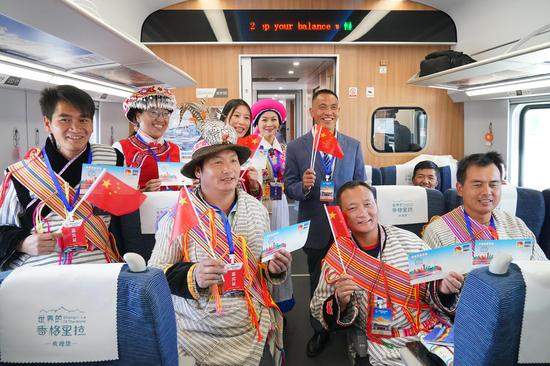




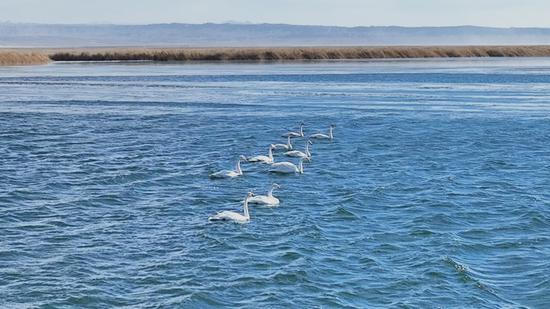

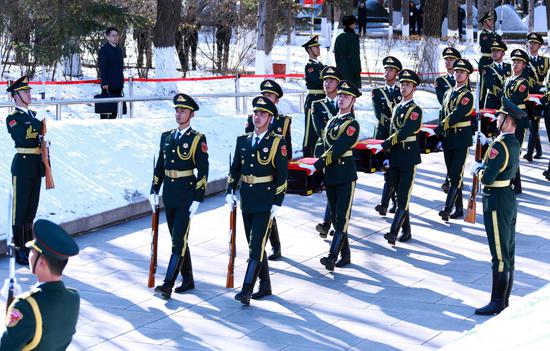
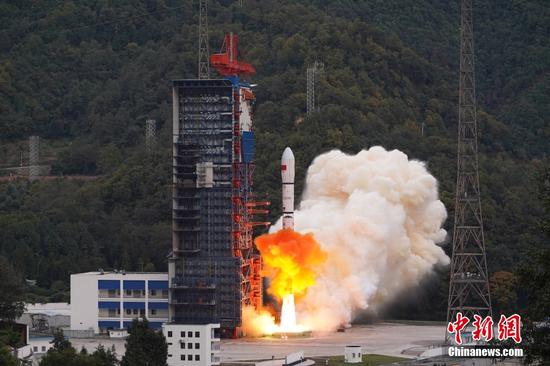
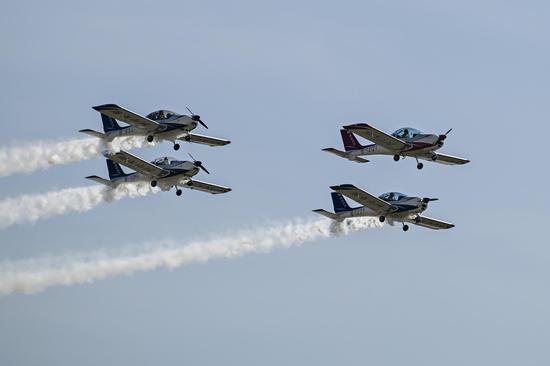
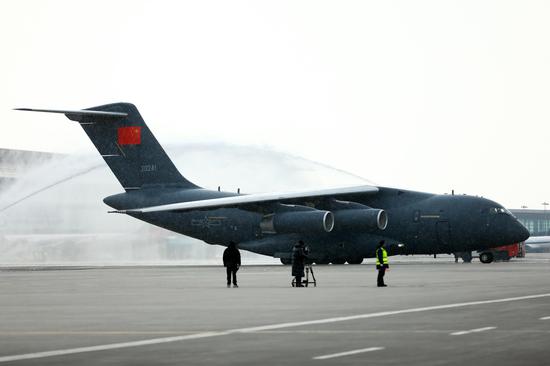






 京公网安备 11010202009201号
京公网安备 11010202009201号